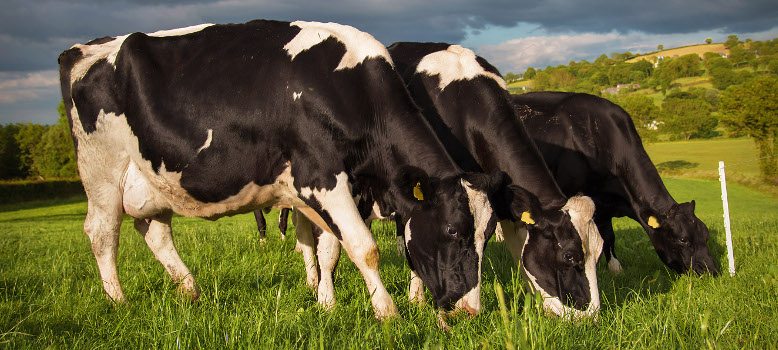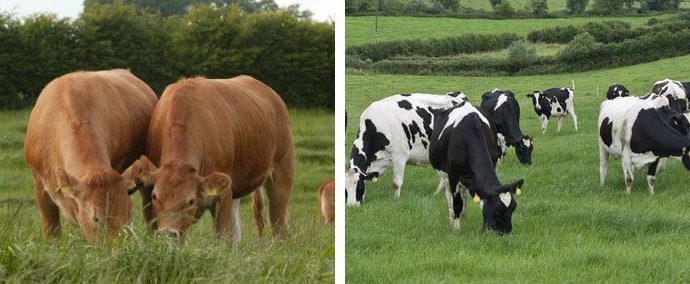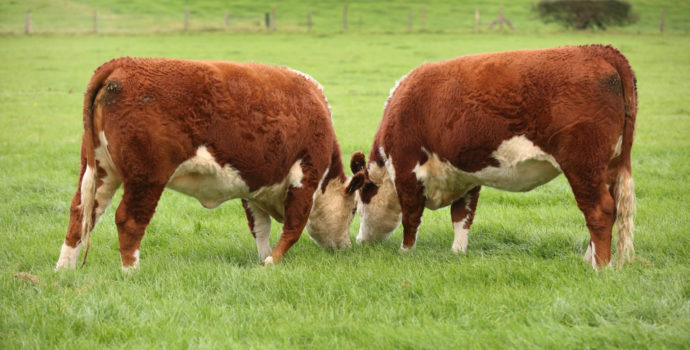
The IFA Animal Health Chairman TJ Maher said the TB Strategy launched by Minister for Agriculture Charlie McConalogue includes a number of key areas identified by IFA and provides for better farmer involvement in the decision-making process.
TJ Maher appeared before the Joint Oireachtas Committee on Agriculture, Food and the Marine this afternoon, to raise key issues on the Eradication of Bovine TB.
“The eradication of TB within the shortest feasible timeframes must be the objectives. As farmers, we have had to endure the burden of TB controls, associated costs and income loss for too long. However, achieving this must not be based on the simplistic approach of tightening controls on farms and increasing the cost burden on farmers,” he said.
“The most effective tool we have at our disposal to reduce the levels of TB and ultimately achieve eradication is the Wildlife Control Programme. This programme has been severely hampered in the past due to the lack of resources provided for it,” TJ Maher added.
“If we are serious about eradicating TB, it’s critical the additional funding provided in the budget of over €1m is fully utilised in addressing the staffing shortages in the Wildlife Control Programme, IFA are seeking a doubling of the existing staff resources.”
Enhancements to the wildlife programme have been agreed which include updating the location of sets and the proactive implementation of the programme in advance of major infrastructural works. These enhancements require additional human resources to be implemented in a timely and effective way.
The commitment to re-establish a group to address the issues with deer is important and this group must be convened as a matter of urgency.
“Achieving eradication of TB will take time and throughout this process as farmers we will continue to experience controls on our farms and animal losses all of which add to the financial burden. The compensation schemes must be enhanced to ensure all losses are fully and fairly compensated for, this includes animal values, income loss and additional costs associated with the prohibition on the sale of animals,” the IFA Animal Health chairman said.
“We can never again have a situation where famers are blacklisted through herd categorisation for TB. Outbreaks are events that occur outside the control of farmers, the approach of ranking herds based on previous TB history and publicisng this has no role in eradication of the disease and merely serves to add to the burden of the programme on farms,” he added.
A sustainable funding model for the programme needs to be agreed, this model must recognise the full level of farmers contributions currently and must involve all stakeholders who benefit from farmers implementation of the TB eradication programme.
Irish farmers contribute in excess of €55m annually to the TB programme. Annual testing costs and disease levies cost farmers over €35m each year with an additional annual labour contribution of over €20m facilitating the testing an associated obligations in the programme.
Maintaining access to our export markets and the value-added chain for our produce that is only possible because of the facilitation of the TB programme on our farms benefits all stakeholders in the Agri-sector and broader economy, all of these beneficiaries must contribute to the funding of the programme.
“IFA are actively engaged in the TB Forum process with the clearly outlined objective of eradicating TB from the National Herd while minimising the impact of controls and associated losses on farms during this process,” TJ Maher concluded.



